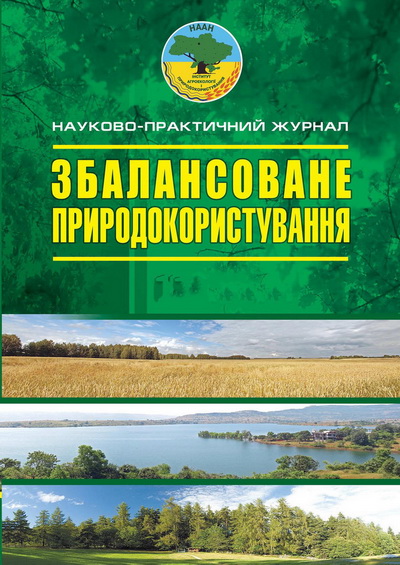BACKGROUND OF THE ORGANIC 3.0 CONCEPT AND THE PROSPECTS OF FURTHER DEVELOPMENT IN UKRAINE EV MILOVANOV
DOI:
https://doi.org/10.33730/2310-4678.3.2018.190364Keywords:
concept, Organic 3.0, organic production, agriculture, sustainable development, organic movement, food systemAbstract
The paper presents a retrospective analysis of the development of the Organic concept and is characterized its main stages. Organic 1.0 has been found to be pioneered by organic and organic biodynamic movement and was based on the use of a scientifically sound system of organic Agriculture. It is emphasized that with the introduction of the concept Organic 2.0 has been declared the first organic standards, legislation and international organizations that formed a strong Soil for further rapid development of sustainable organic farming practices. It is emphasized that Organic 3.0 greatly expands the capabilities and positions Organic as a modern innovation, a system of agriculture that holistically integrates ecology, economy, society, culture and accountability in local, regional contexts to ensure widespread learning truly sustainable agricultural systems and markets based on organic principles. Done the argumentation of the relevance of the current state of development of the domestic organic sphere of the concept Organic 2.0 and a retrospective of its establishment in Ukraine. The need for activation was proved scientific and practical efforts to formulate the implementation mechanism of the Organic 3.0 concept into the domestic agricultural industry. The basic approaches of the concept of Organic 3.0 are analyzed, introduction of which is an indispensable condition for the transition to a new level of development of the agricultural industry and achieving its sustainability. The author's system of measures for implementation of the above is proposed concepts in Ukraine to provide an investment-innovative model for the development of agricultural enterprises capacity, strengthening the competitive position of domestic agricultural producers in the global organic market products and activation of the country's integration into the international economic space.
Issue
Section
License
- The authors reserve the right to authorship their work and pass the journal the right to publish this work under a Creative Commons Attribution License license, which allows other persons to freely distribute the published work with the obligatory The authors of the original work and the first publication of this magazine.
- The authors have the right to make independent additional agreements on the nonexclusive dissemination of the work in the form in which it was published by this magazine (for example, to post work in the company's electronic storage or to publish as a monograph) , subject to the first publication of the link to this journal.
- Journal policy allows and encourages the placement of authors on the Internet (for example, in the repositories of institutions or on personal websites) manuscript work as to the presentation of this manuscript to the editorial board and during its editorial processing, as it contributes to The productive scientific discussion and positively affects the efficiency and dynamics of citation published work (see The Effect of Open Access).


